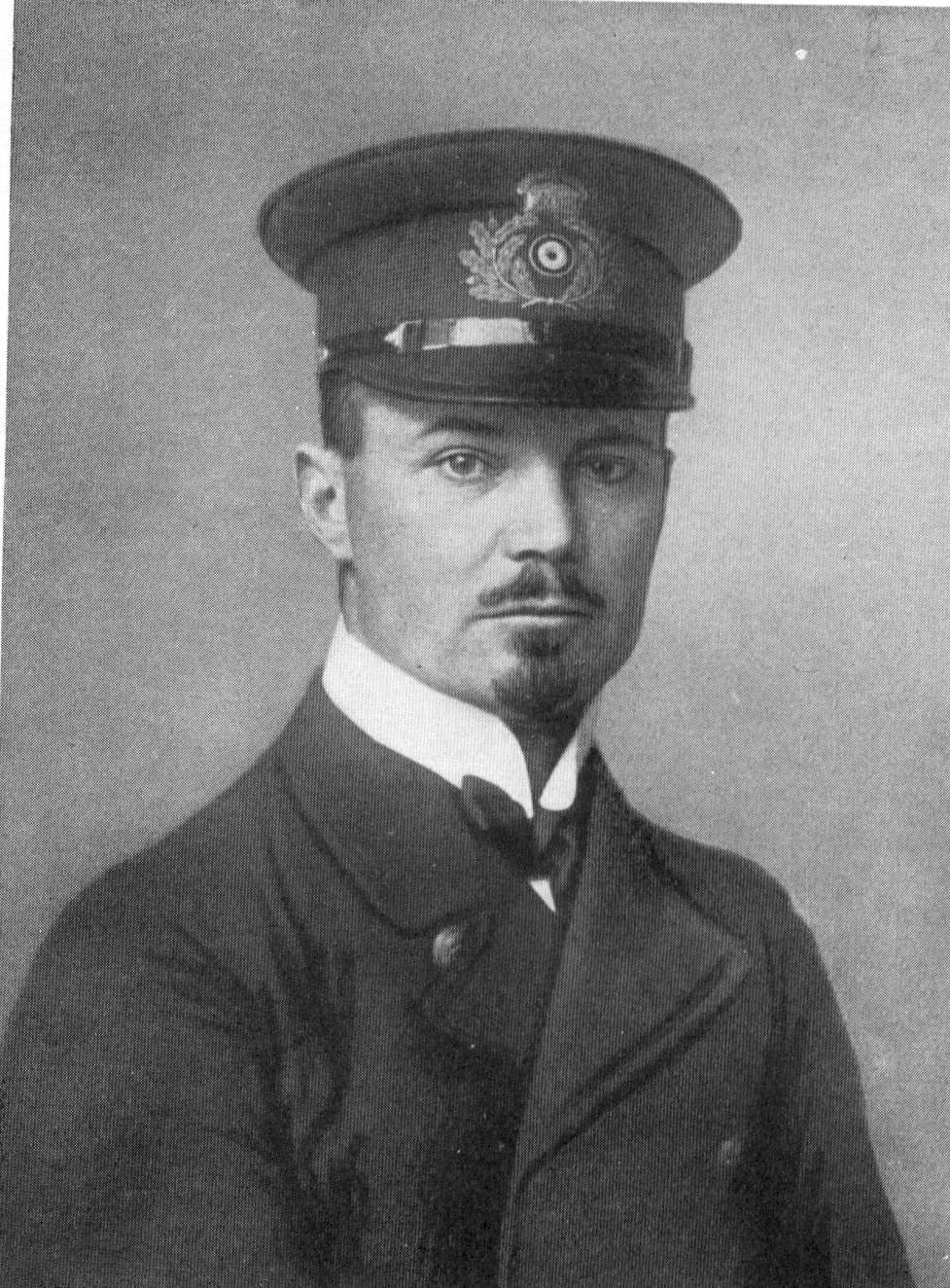- Lid geworden
- 4 jul 2005
- Berichten
- 72.410
- Waardering
- 38.183
Dat is toch zo'n beetje hoe Richard J. Evans hem omschrijft.
His interest did not really lie in politics. Ernst Röhm was the epitome of the front-line generation that had come to believe in its own myth. Röhm's penchant was for mindless violence, not political conspiracy.
He had no interest at all in ideas, and glorified the rough and brutal lifestyle of the soldier in his acts as well as his creed. He had nothing but contempt for civilians, and revelled in lawlessness of wartime life. Drinking and carousing, fighting and brawling cemented the band of brothers among whom he found his place: women were treated with disdain, strangers to military life had no place in his world.
His interest did not really lie in politics. Ernst Röhm was the epitome of the front-line generation that had come to believe in its own myth. Röhm's penchant was for mindless violence, not political conspiracy.
He had no interest at all in ideas, and glorified the rough and brutal lifestyle of the soldier in his acts as well as his creed. He had nothing but contempt for civilians, and revelled in lawlessness of wartime life. Drinking and carousing, fighting and brawling cemented the band of brothers among whom he found his place: women were treated with disdain, strangers to military life had no place in his world.



